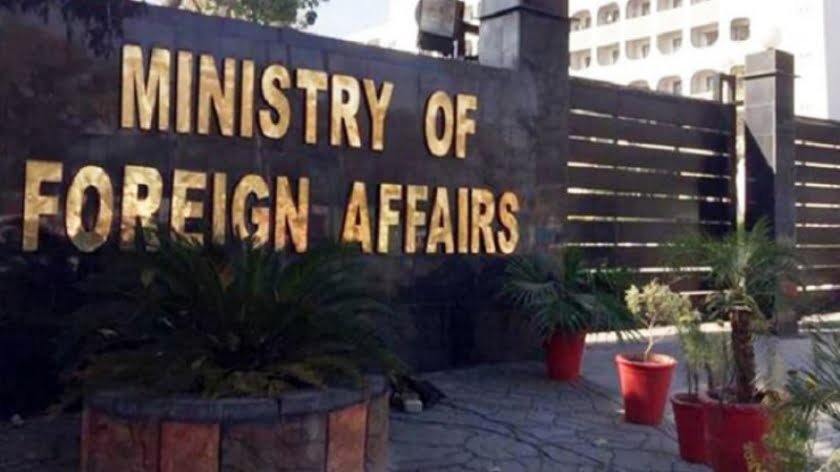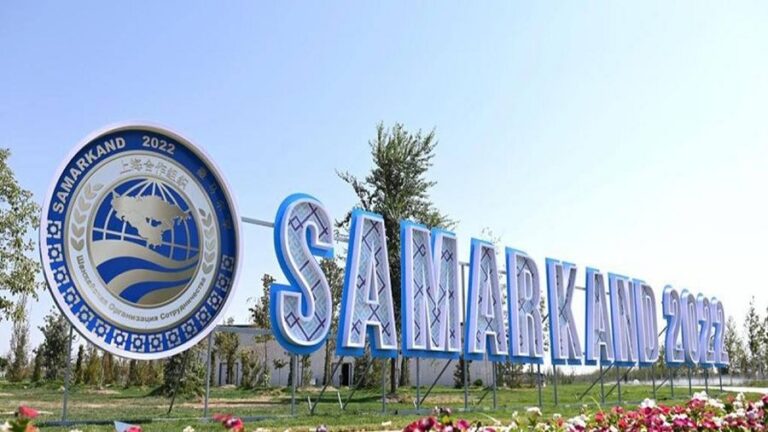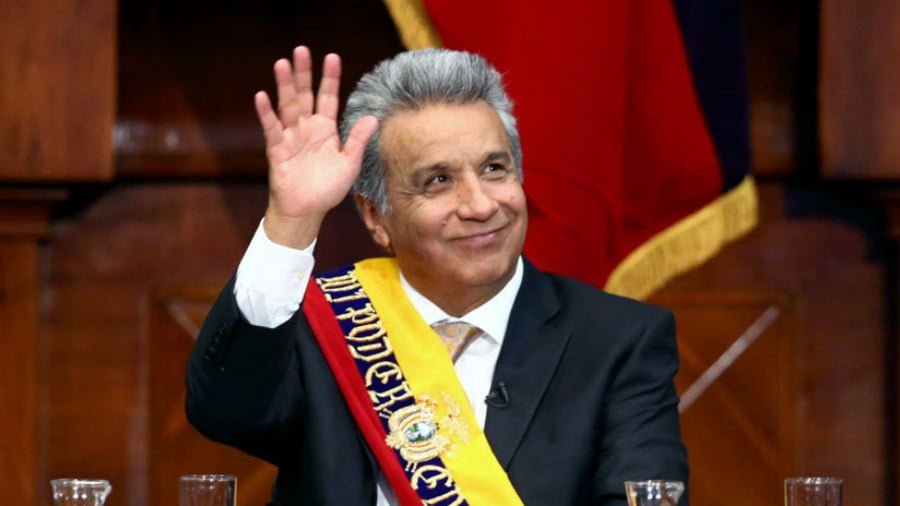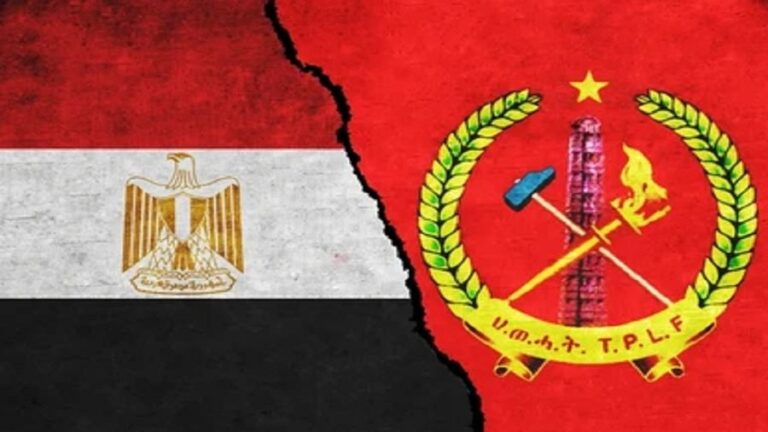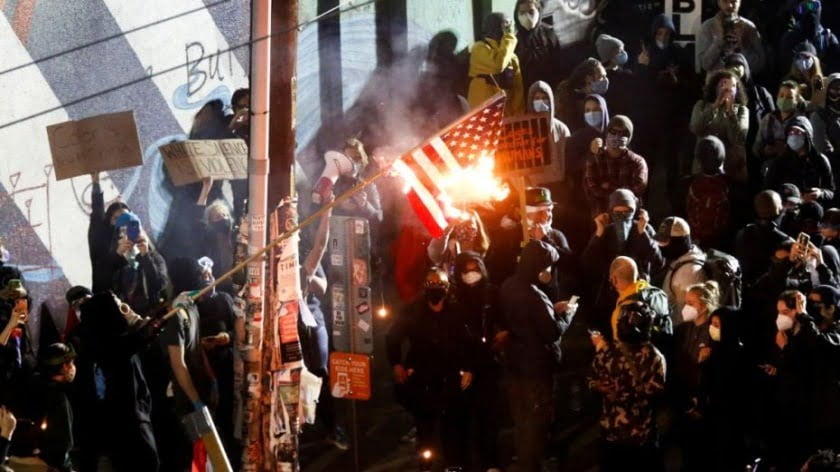Pakistan Needs to Re-Focus on Foreign Policy
The year began with India accidentally gifting Pakistan in the aftermath of a dangerous attempt to gift Modi’s BJP the electoral victory that with hindsight was all but inevitable. Whilst no international body has accused Pakistan of being behind the 14 February Pulwama incident and whilst India could not prove its far fetched allegations against Islamabad, New Delhi nevertheless launched an aggressive attack against Pakistan which backfired terribly. First of all, a so-called “surgical strike” on Pakistani territory resulted in the attacking jets dropping their payloads whilst retreating back into Indian airspace. As a consequence, a few dozen trees were the only casualties of an attack that India initially claimed killed over 200 “terrorists”.
Then, in an aerial dogfight, a Pakistani JF-17 Thunder downed an Indian Mig-21. During this event, Pakistani authorities performed their duty according to international law and rescued the downed pilot from an angry local mob before tending to his medical attention and later releasing him to India in short order.
This series of events gave Pakistan the moral high-ground and showed the world that Pakistan is a country that will react without overreacting and one that likewise seeks peace whilst preparing to defend against aggression.
And then, everything went downhill and fast. First there was news that Pakistan had banned peaceful rallies for Sikh democracy – aka the Khalistan movement. The same international Sikh grass roots activists that had rallied to Pakistan’s defence after Pulwama were prohibited from engaging in a peaceful pro-democracy demonstration whose essence was fraternal in spirit to Pakistan.
Shortly after this, Pakistan caved into pressure from the failed Kabul regime and cancelled a meeting that was scheduled between Afghan Taliban representatives and Prime Minister Imran Khan. This betrayed any sense of logic as American, Russian, Iranian and Chinese officials have met with Taliban officials in pursuit of bringing some sense of normalcy to Afghanistan. It is ludicrous that as Pakistan stands to gain more from a placid Afghanistan than America, Russia, China or even Iran, the Pakistan government caved into pressure from a regime that does not even control much (if not most) of its own territory. This of course came at a time when the wider world including many in Washington openly admit that Pakistan has a vital role to play in the all-parties peace process.
More recently, the same PTM that the civilian government had been walking on egg shells to appease has been exposed as an anti-state organisation that recently conducted a violent attack against the Army. Whilst ISPR has revealed PTM’s foreign links to the world, the civilian authorities have yet to designate the group as a terrorist organisation. This is both dangerous and dangerously embarrassing.
Now, after having insulted the Taliban, the only Pashtun faction in Afghanistan that is not explicitly anti-Pakistan, Imran Khan is set to host Kabul regime leader Ashraf Ghani, a man who is no longer even taken seriously by his American patrons, yet a man who still refuses to recognise Pakistan’s borders in spite of not even controlling those of his own nation.
When taken as a whole, this means that Pakistan’s government is in disarray and self-evidently the “opposition” parties are vastly worse. Due to the fact that Pakistan remains at war (however much liberals in Lahore, Karachi and Islamabad may pretend otherwise) it is high time to reconsider not only Pakistan’s methodological but infrastructural approach to foreign policy and security matters.
Pakistan must consider transforming the Foreign Ministry into a High Council of Foreign Affairs And Regional Security. Such a Council would be comprised of a combination of highly patriotic independent experts, military commanders, ISI officials, some elected members of the National Assembly, representatives of all provinces and a small number of directly elected individuals. All and all, the Council ought to start with 15 members with the aim to expand as credible, strategic and intelligent patriotic voices rise to the fore.
The Council would continue its work uninterrupted in spite of any election cycles. New appointments to the Council could only be made through a 2/3rds vote of existing Council members that would later be approved by a simple majority of the National Assembly. Likewise, one could only be removed from the Council through a 2/3rd vote of other Council members or by a 2/3rds vote of the National Assembly.
Such a High Council of Foreign Affairs And Regional Security could not only harmonise the relationship between military and civilian authorities but it would help to largely de-politicise this relationship. Furthermore, by elevating foreign affairs to an apolitical status, it would mean that like the Army and ISI, foreign affairs could at long last begin to transcend the vulgar and petty nature of political points scoring.
Pakistan’s political class is letting the nation down by allowing foreign affairs and security matters to take a backseat to the inanity that continues to define Pakistani party politics. By creating a High Council of Foreign Affairs And Regional Security, democracy could continue to develop at pace whilst those protecting Pakistan would have a diplomatic voice whose professionalism could match that of the Army and ISI. The time to consider such a re-organisation of foreign and security affairs cannot come soon enough.
By Adam Garrie
Source: Eurasia Future

